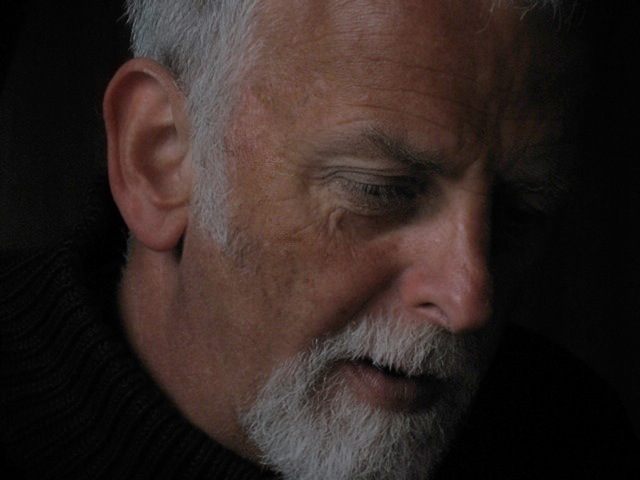Andrew Knight.
Screenwriter and producer Andrew Knight’s key message to the audience at last week’s Screen Forever conference was that the creative process isn’t linear, and unique projects can only happen when producers “back talent, not quarantine it”.
Knight, who gave the Screen Producers Australia conference’s inaugural David Lyle Oration (billed as the ‘alternative’ to the Hector Crawford Memorial Lecture), spoke to the room about the creative process – something he said is non-procedural and makes “the brain hurt”.
However, Knight, who has penned projects such as Ride Like A Girl, Hacksaw Ridge, Ali’s Wedding Rake, Jack Irish and The Water Diviner, argued that many producers – with a reference in jest to ex-lawyers, accountants and line producers – aren’t aware of what the writer’s creative process truly involves.
“There are two different types of producers: creative and non-creative, and that is fine and good as long as they understand the distinction between those roles. You can still wear chino trousers, you can go to festivals, dine with stars and bask in glory but it’s fundamental that creative producers understand the entirety of the process, not just the schedules, the budgets and all the things that give you headaches… There are so many production problems, as you all know, that can be fixed in the script, not in the schedule or budget.”
If producers want to be ‘creative producers’, Knight argued that they need to understand what creativity takes out of people and the difficulties writers face, in order to set up the right ‘pre-conditions’ for a project.
“You have to establish time limits and budget constraints, we get that. But the trouble is people who are by nature and training cautious and procedural – and again, nothing wrong with that, we need you – but they will usually gravitate the safest routes. Like insurance companies, they adopt a risk averse strategy which usually ends up with films and TV shows being a melange of compromise.”
Among the things many producers need to learn, according to Knight, is that writers rooms are about “shooting the breeze” and canvassing wide ideas before narrowing in on a story.
“Comments like ‘I will tell you why it won’t work’ kill that room. Try not to look fearful at the table as each appalling idea raises its head because you have no idea where an idea will end. At a certain point you have to rein them in, but not before it’s started. People have to feel a level of confidence.”
Knight acknowledged that every writer has a different process, but argued so many ideas come about during ‘fallow time’. Projects would benefit if producers allowed the writers as much room as possible to work outside of production constraints – he argued brilliance comes about when your give your “brain space.”
He hailed the writers room as it worked on Jack Irish, where he and the other writers were allowed to gradually plot out and refine the series. Each would go away and write 10 scenes to see if the room was on the same wavelength. Those would then be shared around the table, and then they would move onto the next set of scenes and slowly build the scripts out from there.
“It’s more of an American system. Unfortunately there’s very little money to do this, but to me it’s the most critical part of all production – this period where you genuinely, just quietly focus with a group of likeminded people in a room and just gradually draw out a script.”
Further, good producers know that philosophical underpinnings inform projects beyond story, plot and characters, Knight said. For instance, Seachange, which Knight created with Deb Cox, was about the nobility of small lives. Jack Irish was about a lost moral world, and the Water Diviner about tendrils of life in the aftermath of war.
“The mood is the thing a good producer assiduously tries to protect… it takes forever to work out what your mantra is, what your guiding idea is. You fish around in the dark for it. That’s why you don’t want to rush that process.”
Turning the lens back on screenwriters, Knight said you couldn’t be a good scribe unless you had a solid understanding of what each member of the crew brings to a production – yet many writers “just don’t have a clue”. While he acknowledged that is changing in television, film hasn’t caught up.
“Because of the fear of the creative process, because of the desire to have order and discipline, screenwriters have been kept away from the process, stuck in caves surrounded by dead canaries. Because of that, they develop the fantasy that they’re the entire reason for the show. They view themselves, if you will, as the entire vehicle.
“We think because it was our idea, and we wrote all the dialogue, that everyone is here because of us. In part this is true, but it ignores the fact that there is a phalanx of equally creative and non-creative people involved to make that happen and hopefully elevate what we’ve written,” he said.
“The difference between being a screenwriter and a novelist is the novelist has to write the nuance; every detail. The job of the screenwriter – and it’s a very tricky one – is to leave space for it; to allow everyone else to bring their talents to the table.”



